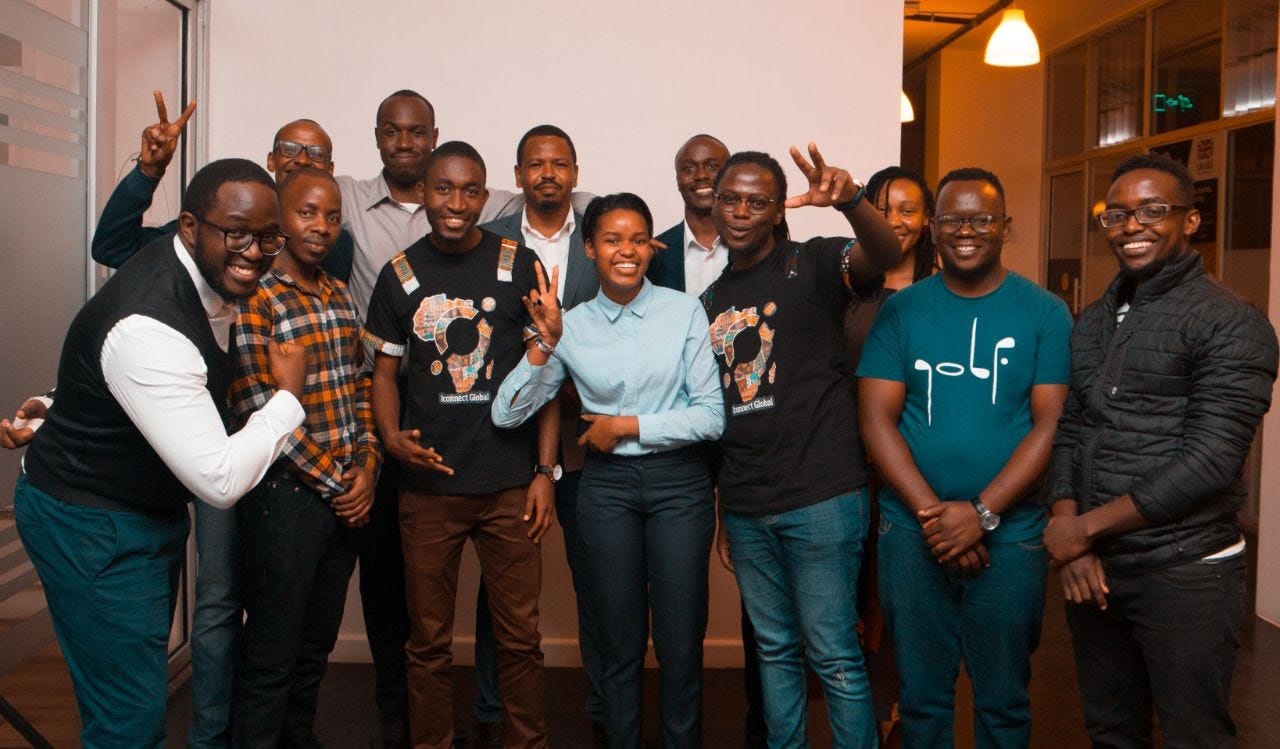Kotani Pay, a crypto payments startup headquartered in Nairobi, has successfully concluded a pre-seed funding round, securing an impressive $2 million.
This funding round was led by P1 Ventures and featured the participation of various notable investors, including DCG/Luno and Flori Ventures.
With this injection of capital, Kotani Pay is now gearing up for a significant expansion into several African markets, specifically targeting Rwanda, Senegal, Ivory Coast, Tanzania, and Nigeria.
This two year-old startup has set its sights on addressing a pressing issue affecting the lives of hundreds of millions of individuals, in countries such as Kenya, Ghana, Zambia, and South Africa.
As per the World Bank’s projections, the Sub-Saharan region will receive an estimated $55 billion in remittances this year alone.
Notably, in certain African nations, remittances constitute a substantial portion of the economy, reaching as high as 20% of GDP, as per United Nations statistics.
However, despite their vital role in the African economy, remittances encounter a formidable obstacle, the burden of high transfer fees.
In certain nations, the deduction from remittances can be as high as 20% of the transferred amount. Some factors which contribute to these exorbitant costs include an underdeveloped banking infrastructure, information disparities, and currency volatility.
Furthermore, in numerous instances, families in recipient countries lack access to bank accounts or even the requisite official identification to open one.
Impact of Kotani Pay Blockchain Solution
In light of these formidable challenges associated with conventional money transfer methods, Kotani is proposing the adoption of blockchain technology to streamline remittances to Africa.
More specifically, the company is harnessing stablecoins, which are cryptocurrencies pegged to fiat currencies like the USD, to facilitate international money transfers at a mere fraction of the costs incurred by traditional methods.
To facilitate the conversion of stablecoins stored in mobile wallets into local currencies for everyday transactions, Kotani has developed an intermediary layer that bridges blockchains with local payment networks.
Many of these networks allow users to transfer money using feature phones, even without internet access, through a communication protocol known as Unstructured Supplementary Service Data (USSD), as demonstrated here.
Kotani is presenting its technology as a B2B solution, creating a connection between smart contracts from cryptocurrency platforms on one side and mobile money APIs on the other.
Some prominent partners in the crypto sphere who have joined forces with Kotani include Yellowcard, DCG, Fonbank, Celo’s Valora, Mercy Corps, UNICEF Crypto Innovation Fund, and Stellar.
Kotani also provides users with the capability to “on-ramp,” converting their local currencies into USD, a service currently tailored primarily for businesses but with potential future expansion to retail users, pending the necessary licensing, according to the founder.
This process is made possible through a network of liquidity providers, established via partnerships with local foreign exchange services and money transmission operators, from whom Kotani sources local USD.
The majority of transactions conducted on Kotani, totaling $23 million to date, consist of inbound payments. Given its enterprise-oriented approach, the platform’s average transaction size stands at $150,000.
Like many other payment infrastructure providers, Kotani generates revenue through an interchange fee, typically amounting to around 1% of the total transaction volumes, as reported by Macharia.
Expansion Plans and Regulatory Engagement
Furthermore, the startup is gearing up to introduce additional products, including Reconset, which offers Reconciliation-as-a-Service, and Money Ledger, a Ledger-as-a-Service solution, following the acquisition of Fuhlstack, a Nigerian startup.
Lemuel Okoli, the founder of Fuhlstack, will join Macharia and Samuel Kariuki as a co-founder of Kotani Pay.
With a business that has the potential to impact foreign currency reserves, Kotani has likely drawn the attention of regulatory authorities.
Macharia acknowledged that central banks in the countries where the company operates are already vigilant in monitoring these transactions, as they oversee all access points to banking and mobile money services.
“We either work directly with the local mobile money operators or ride on the charter of regulated partners to ensure that our operations are compliant.
“The central banks are actually getting excited about some of these use cases and are getting involved as they develop Central Bank Digital Currencies.”
Cryptocurrency regulations are evolving rapidly, affecting investor confidence differently in regions like the U.S. and Asia. Macharia holds a positive outlook on the regulatory changes in Africa.


